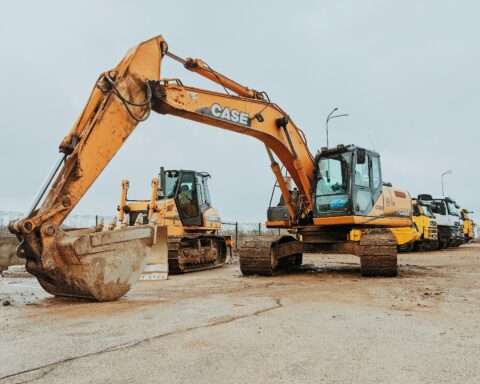The Department of Energy’s (DOE) Office of Fossil Energy and Carbon Management (FECM) awarded $9.3 million to projects that will develop innovative hydrogen-based technologies. These solutions will make clean hydrogen a more feasible fuel source for generating electricity, decarbonizing industry and fueling transportation.
All six projects receiving awards will prioritize hydrogen solutions that convert waste feedstock materials into clean energy. The selected projects will advance the performance, reliability and flexibility of existing and new methods to create, transport, store and use hydrogen. Once deployed, communities will be able to use the projects to decrease how much waste is sent to landfills and build waste-to-energy plants.
Some of the notable projects receiving funding include:
A technology innovation company will use $4 million to develop a “feedforward” gasifier feed control system to maximize yields from converting biomass and waste feedstocks. The system will measure and analyze the feedstock compositions and optimize gasifier operating parameters to achieve a target operating temperature and effective yield. The project would help hydrogen production plants better generate hydrogen from biomass and waste mixtures.
Lehigh University in Bethlehem, Pennsylvania, will receive $2.95 million to integrate machine learning (ML) with laser induced breakdown spectroscopy (LIBS). The project will help provide information on feedstock streams in gasifier systems that produce hydrogen from biomass, waste plastics and legacy coal waste. The project will create a LIBS system to detect and quantify feedstock materials and leverage ML algorithms to optimize the gasifier for optimal production.
A research institute in Palo Alto, California, will receive $700,000 to develop a digital twin model to assess the net-zero capability and performance of combined gas turbine cycle plants that use hydrogen fuel blending and carbon capture. The project will enhance and integrate existing digital twins to create the institute’s innovative digital twin model. The institute will create a web-based tool allowing others to create their own digital twins to help sites enhance efficiency, flexibility and transition to clean energy using hydrogen and carbon capture technologies.












